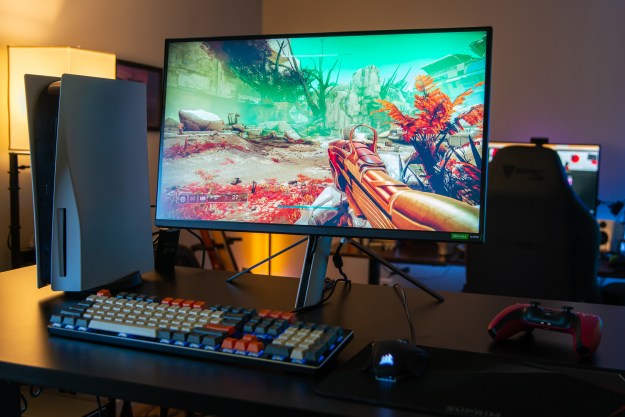IBM is banning all employees from using removable storage devices in all facilities spanning the globe. The news arrives by way of a leaked advisory written by Chief Information Security Officer Shamla Naidoo, who cites “possible financial and reputational damage from misplaced, lost or misused removable portable storage devices” as the reason for the ban.
The move is understandable given IBM doesn’t want company trade secrets and financial data leaked to the press or competitors. In fact, IBM already had a removable storage ban in place within specific parts of the overall corporation, but now the company is expanding this policy to all employees and facilities on a global scale over the next several weeks.
For employees, banning external storage devices like SD cards, flash drives, and USB-based hard drives and solid-state drives could be problematic. For example, USB-based boot drives are reportedly a part of delivering patches and updates to internal client PCs. Data can’t be physically shared between employees and offices either, forcing them to rely on IBM’s Connections Desktop plug-ins to synchronize and share files.
“Using the desktop plug-ins, you can easily share content between your Windows or Mac desktop and IBM Connections and Connections Cloud,” IBM explains. “You can also use sync so that you always have the latest copy of a file, whether you are opening it from your desktop, from a Connections server, or from Connections Cloud.”
Naidoo admits the ban of using external storage devices to move data will be “disruptive for some.” But the company’s new globally enforced policy should help prevent massive file leaks like the one seen in 2013 where a former employee leaked hundreds of pages regarding IBM’s cloud computing technology. In January, someone leaked a presentation slide revealing that IBM would cut around 10,000 staff roles.
Of course, data leaks aren’t specifically tied to physical storage devices. Data residing on the local network and in the cloud can slip between IBM’s fingers as well, but by banning the use of flash drives and SD cards, the company has a better hold on how that data can escape its clutches. IBM can also prevent the transference of malware from PC to PC that is typically associated with external storage devices.
IBM definitely has good reason to ban the use of physical storage devices: Trade secrets in artificial intelligence, quantum computing, and more. The company inked a $240 million deal with the Massachusetts Institute of Technology in September 2017 to develop hardware, software, and algorithms dedicated to artificial intelligence. In March, the company revealed the world’s smallest computer built for blockchain technology, and on Thursday, May 10, IBM teamed up with North Carolina State University to accelerate quantum computing.


